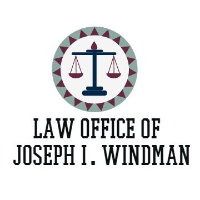Helmetta Bankruptcy & Debt Lawyer, New Jersey
Sponsored Law Firm
-
 x
x

Click For More Info:
-
Schafkopf Law LLC
11 Bala Ave Bala Cynwyd, PA 19004» view mapBankruptcy & Debt We Are Here To Help You
Gary Schafkopf is a practicing lawyer in the states of Pennsylvania and New Jersey who focuses on cases in Bankruptcy & Debt, Employment, and Real Estate.
800-970-4781
Evan N. Pickus
✓ VERIFIEDUpon graduation from the Benjamin N. Cardozo School of Law at Yeshiva University in New York, classmates Evan N. Pickus and Howard S. Landsberg sought... (more)
Aniello D. Cerreto, Esq.
✓ VERIFIEDI utilize the depth of my many years of relevant experience to assist people to transition into their new life and thrive during an otherwise trying t... (more)
Joseph I. Windman
✓ VERIFIEDJoseph Windman is a practicing lawyer in the state of New Jersey. Attorney Windman received his J.D. from Brooklyn Law School.
Theodore Sliwinski
Jeffrey Brown
FREE CONSULTATION
CONTACT Gary Schafkopf Bala Cynwyd, PA
Gary Schafkopf Bala Cynwyd, PA



